OUR BELIEFS
What does Orthodox mean?
Why is it called 'Orthodox'? Well, ‘ortho’ actually means ‘straight’. For example, orthodontists focus on achieving straight teeth.
In the case of 'orthodox,' the 'dox' part originates from the Greek word for 'thinking.' Therefore, in an Orthodox Presbyterian church, you can expect to encounter teachings that adhere closely the long-accepted pattern given in the Bible. We are a church dedicated to believing and actively applying the principles found in the Bible
Reformed Faith - What’s it all about?
New Hope Presbyterian Church is part of the Orthodox Presbyterian Church denomination, also known as the OPC. Our system of doctrine in the OPC is the Reformed (dating back to the Protestant Reformation) faith, also called Calvinism (because Calvin was the most important exponent of it during the Reformation). Calvinism pulls together the most significant doctrines taught in the Bible. These doctrines are set forth in the Westminster Confession of Faith and the Larger and Shorter Catechisms (with accompanying biblical references).
What We Believe About the Bible
We believe that the Bible alone gives us the correct knowledge of who God is and how we may please Him. It teaches that God the Father gave up His Son Jesus Christ to death on the cross to pay the penalty for the sins of His people. We want to share with you the joy that comes from a personal relationship with God through Jesus Christ.
What We Believe About Catechizing
At New Hope Presbyterian Church, as a church of the Orthodox Presbyterian Church (OPC), our faith is firmly rooted in the historic and timeless truths of Reformed Christianity. We adhere to the Westminster Confession of Faith, including the Westminster Longer and Shorter Catechisms, as our foundational statements of doctrine. These documents guide our beliefs and practices, emphasizing the sovereignty of God, the authority of Scripture, and the centrality of the Gospel of Jesus Christ.
What We Believe About Historic Creeds and Confessions
New Hope Presbyterian Church affirms the historic creeds and confessions of the Christian faith, such as the Apostles' Creed and the Nicene Creed. These creeds serve as a unifying expression of the essential beliefs held by the universal church throughout the ages.

